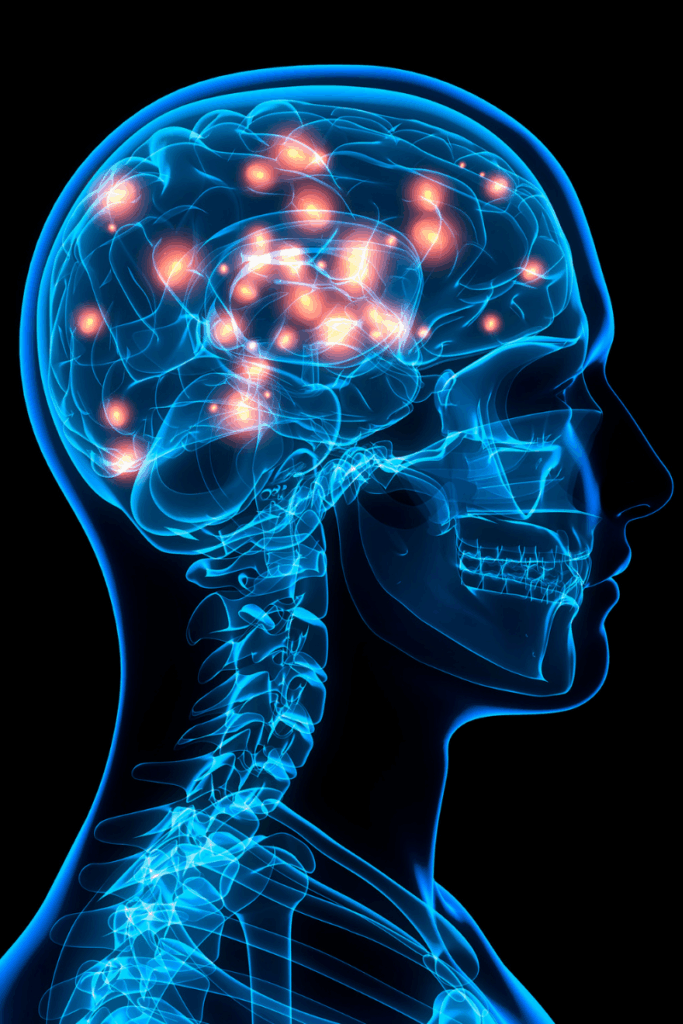Chronic pain is an extremely painful condition that has a tendency to worsen at night, but what’s the reason behind this? Find out in this blog.
As a law firm with expert chronic pain solicitors, we regularly witness first-hand how debilitating the condition can be and are therefore able to empathise with our clients who approach us to work on their case. When chronic pain flares up, there is no standard remedy to reduce or eliminate the agony it causes, which is why it’s so important for sufferers to be fully in tune with their condition; by acknowledging which elements contribute to their torment, patients have the ability to seek out their own courses of treatment to undo and prevent flares from occurring. The majority of chronic pain syndrome sufferers report particularly high levels pain at night, which is unanimous in patients of rheumatic and musculoskeletal conditions, such as fibromyalgia, CRPS, and ankylosing spondylitis. Physicians are contributing this pattern to a number of physical and environmental factors, each of which are outlined in this blog.
Lack of distraction: During the day, people are more likely to be preoccupied with everyday tasks and events, such as taking care of priorities and partaking in hobbies, which leaves less time to dwell on painful symptoms. However, at night in the darkness, it’s easy to concentrate solely on pain which, in turn, escalates symptoms and brings them to the forefront of people’s thoughts. For those who are prone to experiencing chronic pain at night, experts suggest physically exhausting yourself during the day by taking part in regular exercise activities that are linked to reduced symptoms, such as walking, yoga, and swimming, as well as distracting yourself mentally with stimulating activities.
1) Sleep deprivation: As pain has a tendency to flare up at night, many chronic pain sufferers have trouble sleeping. The correlation between chronic pain and sleeplessness is a vicious one, since lower sleep efficiency and poorer sleep quality is known to worsen pain by causing irritability, anxiety, and agitation. To prevent snowballing symptoms and the vicious chronic pain cycle, doctors recommend establishing a stable sleep routine and experimenting with pillow combinations to find the ideal position that relieves tender spots.
2) External factors: Chronic pain sufferers are particularly vulnerable to external factors, such as changes in the weather and the inhalation of perfumes, cleaning products or dust. By identifying potential triggers, however, sufferers are able to take action to prevent onset pain; for example, if the weather forecast predicts low temperatures, a chronic pain sufferer should prepare their sleeping space by turning the heating on or having an extra blanket to hand.
3) Body pressure: During the night, joint linings are prone to becoming congested with excess fluid to bathe cells while the joints are immobile for an extended period of time. Arthritis, a condition known for causing joint swelling, often coexists with chronic pain syndrome, which means sufferers are likely to be aggravated and be woken up by pain. People with chronic pain also suffer with vitamin D deficiency and high stress levels, which can lead to the common cold and many other viral infections. When the body is battling with an illness, the body can stiffen and ache, triggering chronic pain symptoms. By maintaining a healthy life, however, chronic pain sufferers are able to proactively fight outbreaks of pain to prevent this. This may involve taking vitamin supplements, altering the diet or avoiding smoking.
Unfortunately, there is no straightforward answer as to why chronic pain escalates at night; there are many contributing factors and, much like the diagnosis of chronic pain syndrome, it is a complex process to determine each patient’s unique situation. Using research acquired from over 19 studies, the NHS reports that 140,000 adults and 43% of people in the UK suffer from chronic pain and, although their diagnosis is the same, their associated symptoms, triggers, and affected body parts may be completely different. Finding the triggers of pain is hugely important for chronic pain sufferers; once these have been found, actions can then be taken to relieve symptoms, which can then lead to improved symptoms at night.
If you suspect you could be entitled to chronic pain compensation, contact our expert accident solicitors in Manchester by calling us or by filling in our online contact form.
We do not endorse any research, studies or sources mentioned within our blogs and comments. Furthermore, we do not endorse any medical advice provided, and would strongly recommend anyone seeking medical advice to contact their local healthcare provider.
















